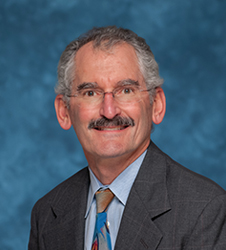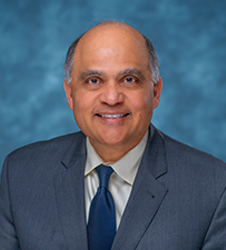Adult Congenital Heart Disease
90%
of children born with CHD live to adulthood
1.5 Million
U.S. adults have CHD
40,000
babies born each year in the US have CHD
2
Virginia Heart physicians specialize in CHD
At Virginia Heart, we are committed to serving this unique group of patients in our community. Drs Mark Tanenbaum and Pradeep Nayak were founding members of the Adult Congenital Heart Program at Inova Fairfax Hospital in 1994. They have collaborated with other local specialists through the years to provide outstanding care. They have helped to create an environment for optimal outcomes as this challenging field has developed into a mainstream cardiology subspecialty. At Virginia Heart we see adult congenital patients in our offices and also at the Adult Congenital Heart Clinic at Inova Fairfax Hospital, where cardiac interventional procedures, including heart surgery, are performed.
What is Adult Congenital Heart Disease?
Also known as CHD, Congenital Heart Disease is a type of defect in one or more structures of the heart or blood vessels which occurs before birth. The heart structures, or vessels, do not form as they should while the fetus is developing in the uterus.
Symptoms of Congenital Heart Disease
Congenital Heart Disease symptoms vary They include shortness of breath, dizziness or loss of consciousness. Often there are no symptoms but CHD is discovered through an abnormal physical examination with a heart murmur, abnormal EKG test or other abnormal diagnostic study, perhaps done for a different purpose.
Expert Physicians
Dr. Mark Tanenbaum and Dr. Pradeep Nayak were founding members of the Adult Congenital Heart Program at Inova Fairfax Hospital in 1994. They have collaborated with other local specialists through the years to provide outstanding care. We have created an environment for optimal outcomes as this challenging field has developed into a mainstream cardiology subspecialty.
Team Approach
Each year the population of adults born with structural heart abnormality grows as 90% of children born with significant heart defects now live to adulthood. Collaboration with local radiologists, cardiac surgeons, and pediatric cardiologists is critical in the delivery of optimal adult congenital care. We continue to work with specialists outside our group to create an ideal environment for these adult patients to thrive.
Common Questions
What is one thing everyone should know about Adult Congenital Heart Disease (ACHD)?
In the past, children with congenital heart disease would die before reaching adulthood. Now, more than 90% of children with congenital heart disease live to adulthood. It is crucial to understand the vital need for a collaborative, lifetime relationship between the patient and adult congenital specialist provides optimal outcomes, especially in those who have complex disease, even if repaired in the past. All too many children reach adulthood and stop seeing their specialist, only to return in extremis or unfortunately even succumb to an arrhythmia or heart failure which may have been preventable with ongoing care.What should you do if you develop new symptoms into adulthood?
Regardless if you have new symptoms or no symptoms, regular collaborative follow-up is needed in nearly all cases with few exceptions.


